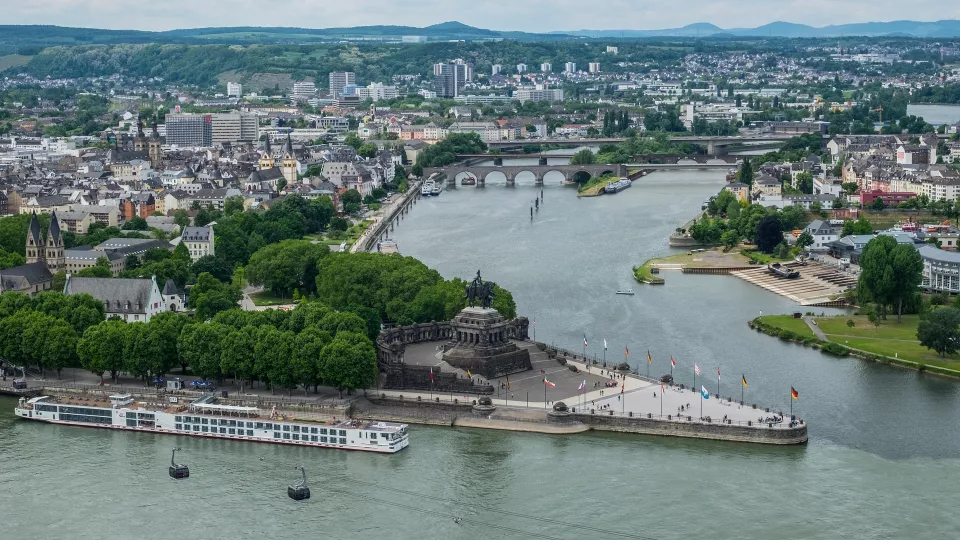Today, there exist a number of different transnational climate networks. These bring together municipalities from all over the world. The largest one is the Covenant of Mayors, which gathers 7,755 municipalities, regions and associations from 53 different countries. The Covenant and other networks were set up in response to climate change, as a way to strengthen municipalities’ climate work. In recent years, climate change adaptation, which includes efforts to make municipalities safer from flooding and heatwaves, has become an important issue for the networks.
– In Germany, where I conducted my research, network membership is ubiquitous. However, there is very little knowledge on how membership actually benefits local municipalities and local climate politics. Is it just a membership for mayors who like to travel to network meetings and not much else?, says Henner Busch, visiting researcher at LUCSUS and a researcher at the Department of Human Geography.
Previous research on climate networks has instead focused on how networks represent themselves, their infrastructure, interaction between different cities, and impacts on an international level. According to Henner Busch, this is quite surprising, since it is on the local, and not the national or international level, where the battle against climate change is ultimately fought.
For his study, he surveyed 61 of the 136 German cities above 50.000 inhabitants, which are members of at least one climate network to assess the impact of membership on the local level. The survey shows that actors in cities actively use network membership as a leverage in internal political processes. These include decision making that takes place in the cities such as designing a local climate strategy or convincing politicians to vote in favour of stricter climate legislation. The results also show that these internal processes are more important for the local climate managers in Germany than the processes and interactions that take place between the network members.
– These results were surprising since the networks advertise themselves to new members by pointing at the interactions and working processes between cities. At the same time, the internal processes, which actually influence the climate work on the ground, and thus the lives of citizens, are overlooked.
Henner Busch argues that the results suggest that the networks need to become better at assessing, evaluating and communicating what benefits member cities can reap from being part of a network, especially the networks’ impact on the local level of climate politics.
– Since our results highlights the importance of membership for local politics, the networks could work more to develop support aimed at achieving change at this level.
He says that examples could include providing toolkits and best practice for climate managers to engage in political processes on a local level. By changing their focus slightly to providing more support on a local level, the networks could realise their full potential.
– The networks have a great leverage to affect real change. But for that to happen they need to have a better understanding of how climate managers in municipalities are benefiting from their membership and capitalise on that. If they do, it can be a way to mobilise people, and really move forward with changes in areas such as housing, energy, and transport, where changes on a local level can make a real difference, he concludes.

